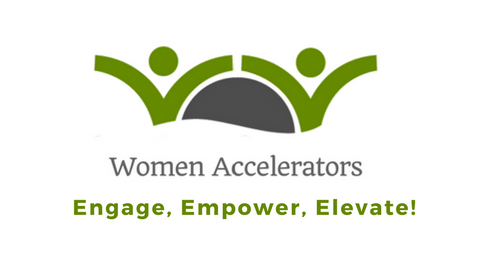First things first, what is a mentor and what does mentorship mean?
You’ve probably heard the word mentor AT LEAST 25 times in your professional life – if not more, but it’s possible the reference could have been made in a variety of contexts. For all intents and purposes, how I will refer to it in this blog is as “an experienced and trusted advisor” – straight from Merriam-Webster.
It is important to understand that a mentor is someone that provides professional guidance and advise to help a mentee evaluate their professional landscape and grow in that realm – even if they are a professional within a certain field, a mentor is not providing a mentee services to that end (ie. lawyer, doctor etc..). The mentorship is the period of time the mentor provides the mentee career and professional advice. The time period can vary from a very short period (a day to a few weeks or months) to years, depending on the relationship formed. The connection could be made through an informal or work connection or a more formal program, like our annual mentoring program (learn more here: https://womenaccelerators.org/mentoring-program/).
A mentorship can have a huge impact on your professional life IF you take advantage of what it can provide. In nearly all cases, a mentor is senior to a mentee and has a wealth of knowledge AND consequently, a strong network in a certain industry or realm. Most importantly, a mentorship is a relationship based on trust and respect. A mentor is someone, with experience, that you can discuss insights and issues. A space to discuss, without judgment, can help you sort through issues with a new perspective which can help you overcome those issues – reaching career heights you may not have thought possible before.
So you have a mentor, now what?
Take time for introspection
 Take time to think about your ‘WHY’. The better you know yourself and your goals, the better you can navigate through the benefits of mentorship.
Take time to think about your ‘WHY’. The better you know yourself and your goals, the better you can navigate through the benefits of mentorship.
Think of this as a journey, if you don’t know the destination – how can you make it there?
To start, consider the following questions:
- Can you summarize your current professional experience? Make a list of highlights.
- What are your short and long term professional goals?
- If you don’t know – check out this HBR article for extra considerations: https://hbr.org/2018/07/how-to-mentor-someone-who-doesnt-know-what-their-career-goals-should-be
- Still struggling? Look at the career histories of people you admire or want to emulate, see if you can find anything that aligns with your passions and goals to use as a taking off point.
- Is there an aspect of business/professional life that particularly intrigues you or you want assistance navigating?
- Can you make a list of what you hope to achieve from a mentorship? (ie. are you looking for ideas to obtain skills, reach a new level, learn leadership tactics, increase your network etc…).
- Consider what your personality type is, are you an extrovert, introvert or analytical in nature? And what kind of work environment or management style meshes best with your personality?
- Try taking personality tests such as Myers Briggs, Insights Discovery,or a DiSC personality assessment tool, etc. for additional insight.
- Think of anything else you may want to learn or know – professionally and personally.
Make a plan
As the mentee, unless your program dictates otherwise, you are responsible for driving the program.
- Think of a few major topics you want to focus on throughout the mentorship and touch on them your first meeting.
- Plan to bring your mentor up to speed as much as possible about your personality type and communications preferences.
- Keep a list of things you are interested in discussion for quick reference.
- Consider the timeline of the program and how many interactions or touchpoints are specified. If there is not a concrete schedule, draft one and have a discussion with your mentor to see if it works for them.
- Pre-plan meetings! Have questions and topics ready before you meet with your mentor. Send them a note or email in advance with those topics to help facilitate conversation.
- Write a summary of your discussions or key points, and plan for action items for the next meeting.
Take Action
Mentorships are WORK.
They take coordination and investment of both time and emotional capital from both parties. As the mentee, it is important to set the schedule in advance. Plan the meetings, follow up and facilitate the discussion. No one understands what you are seeking out of the mentorship better than you. Use the time wisely and act on the above guidance to make the most out of your mentorship!
We’re excited to see you grow and reach new heights – Be sure to stay tuned for more mentoring resources coming soon!
Finally, remember that we are in this together. Empower, Engage and Elevate!



